3 Casting Types of Corrosion Resistant Metals
Author: SAIVS Date Published: Sep 25,2023
In the world of metal casting, different metals and alloys have varying resistance to corrosion.
Selecting the perfect material for your project is a critical decision, which influences durability,
performance, and maintenance. When it comes to corrosion resistance – a property crucial for
longevity and consistent performance – there are some metals that are better than others.
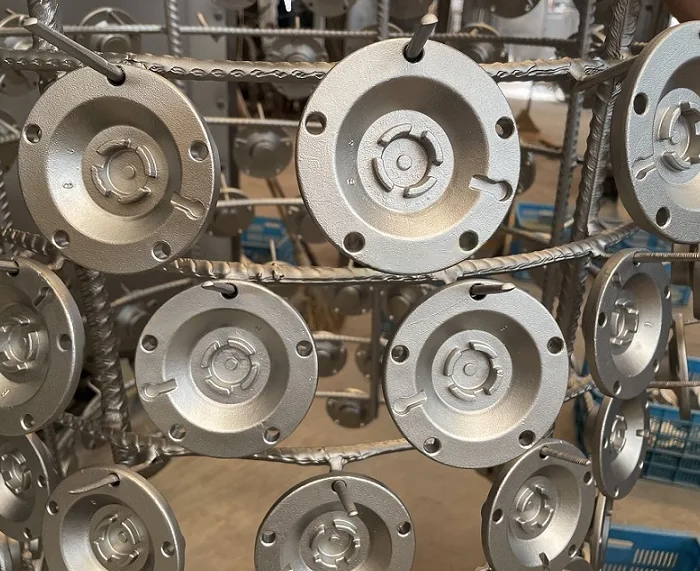
Nickel-Based Alloy Casting
Nickel-based alloy casting involves using alloys composed primarily of nickel for creating
high-performance components that require exceptional resistance to oxidation, corrosion, and high temperatures.
These alloys typically contain more than 50% nickel along with other elements such as chromium,
molybdenum, cobalt, and iron. The combination of these elements imparts superior mechanical
properties such as toughness and strength to nickel-based alloys.
The casting process for nickel-based alloys follows similar principles as other metal castings.
A wax pattern or model representing the desired component is created and coated with a refractory
material to form a mold. The molten alloy is then poured into this mold where it solidifies to take on its final shape.
Nickel-based alloy castings find applications in industries such as aerospace, power generation,
chemical processing, and marine engineering where they are exposed to harsh environments involving
high temperatures or corrosive substances. These alloys offer excellent resistance against
oxidation at elevated temperatures while maintaining their mechanical integrity.
stainless steel Casting
Stainless steel casting, also known as stainless steel Investment Casting, is a manufacturing
process used to create intricate and durable stainless steel components. Stainless steel is
renowned for its exceptional resistance to rust and corrosion, making it a preferred choice in numerous industries.
The process of stainless steel casting begins with the creation of a wax model or pattern that
replicates the desired shape of the final product. This wax model is then coated with a ceramic
material through a process called ceramic shell molding. The coated model is heated until
the wax melts away, leaving behind a hollow cavity within the ceramic mold.
Once the ceramic mold is prepared, molten stainless steel is poured into the mold under controlled conditions.
The metal fills the cavity and takes on the shape of the original wax pattern. After cooling and
solidification, the ceramic mold is broken away to reveal the final stainless steel product.
Aluminum Casting
Aluminum casting refers to the process of creating aluminum components by pouring molten aluminum
into molds or dies of various shapes and sizes. Aluminum's lightweight nature combined with its
excellent conductivity and corrosion resistance makes it highly sought after in numerous industries
including automotive, aerospace, construction,and electronics.
The natural oxide layer formed on aluminum's surface provides inherent protection against many forms
of corrosion while enhancing its longevity in diverse environments. aluminum castings can be produced
using various techniques such as Sand Casting,die-casting,and investment casting depending on factors
like complexity,surface finish requirements,and production volume.
Aluminum's versatility allows for precise replication of intricate designs,making it suitable for
manufacturing complex components with tight tolerances.Aluminum castings offer good strength-to-weight ratio,
making them ideal for applications where weight reduction without compromising structural integrity is crucial.
Additionally,the excellent thermal conductivity properties make aluminum castings suitable
for heat dissipation applications,such as in electronic devices or engine parts.
Why Choose SAIVS™ as Your Supplier?
1.Superb Quality Control Management
At SAIVS, we take pride in our perfect quality management systems and procedures, which guarantees the excellent performance of all our producs, being a professional Investment Casting | Die Casting| Sand Castingmanufacturer in China.
2.Rich Production Experience
With 20 years of experience in production, SAIVS has a deep understanding of the market and trends, and strives for continuous research and innovation. This has created advantages in both the product's performance and appearance.
3.Competitive Prices
As a Chinese factory committed to becoming the most cost-effective Investment Casting | Die Casting| Sand Castingexporter in China, SAIVS provides high-quality products at advantageous prices. By lowering costs and increasing efficiency, we ensure that our customers receive the best possible value for their investment.
4.Perfect After-sales Service
At SAIVS, we strive to provide superior customer service that meets and exceeds expectations. We are always available for any questions or concerns you may have, and we stand by our commitment to providing excellent after-sales support.
Related Posts
-
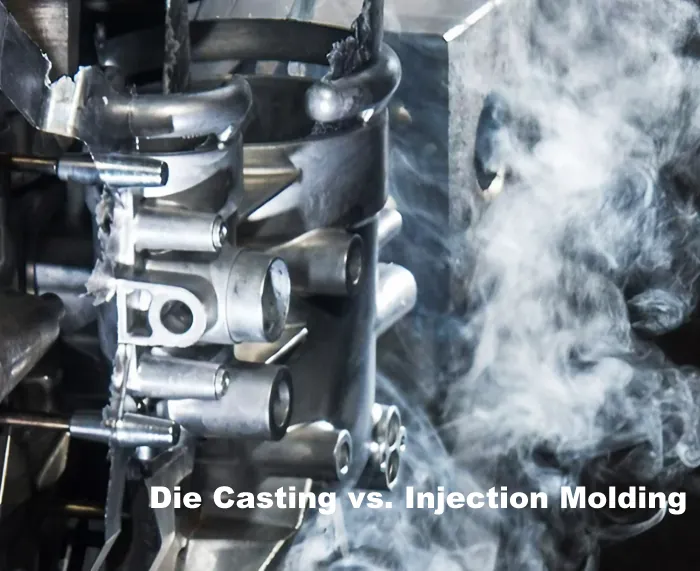
When to Choose Die Casting and When to Select for Injection Molding
Die casting vs Injection Molding: A detailed guide comparing these manufacturing processes for metal & plastic parts.
-
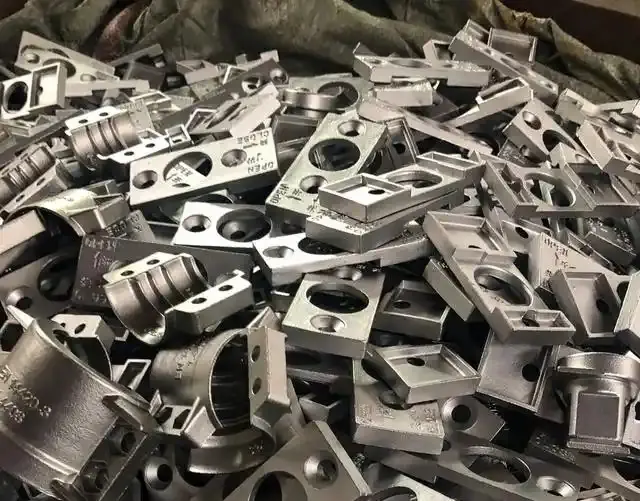
Advantages of 316 Stainless Steel Casting in Manufacturing Hawse Pipes
Stainless steel casting has emerged as a reliable and efficient process for manufacturing hawse pipes used in marine applications. Combining precision engi
-
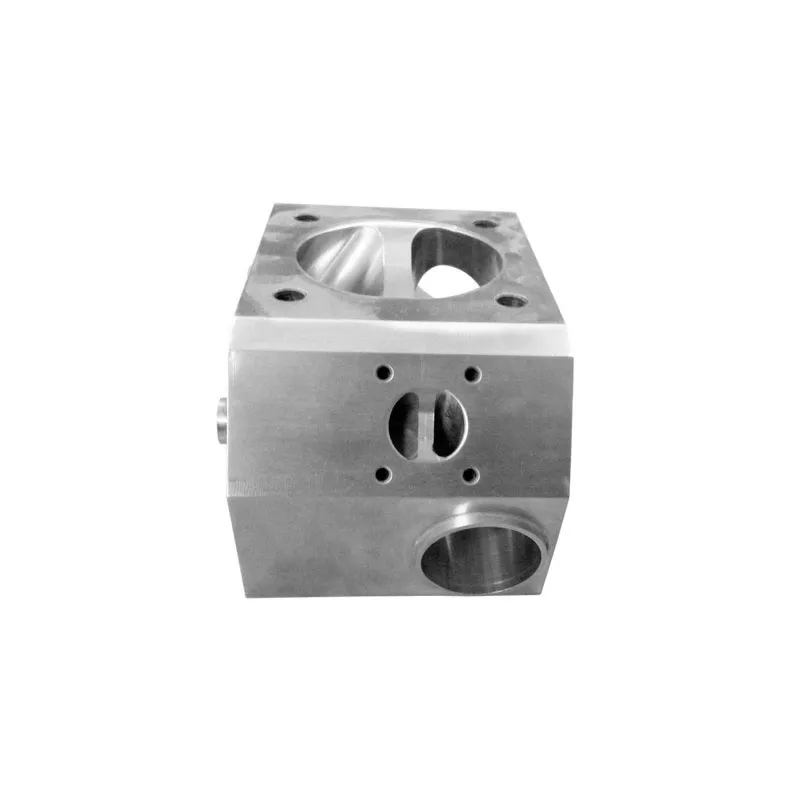
Why should die casting be used for mechanical parts?
Die-casting process is characterized by low cost, good workmanship, and resolving saves resources and energy. The application and development of this material w...
-
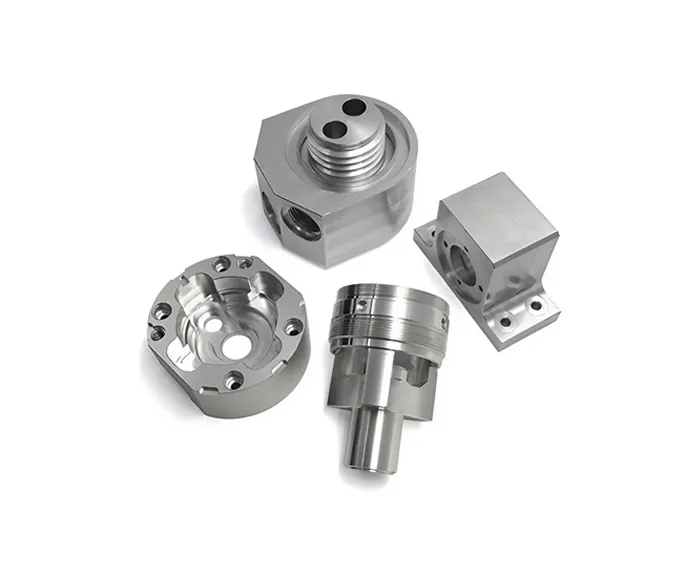
Experience the SAIVS Difference in CNC Machining Excellence
IntroductionCNC machining, or computer numerical control machining, is a process that uses computer-controlled tools to cut or shape materials. CNC machining is...
-
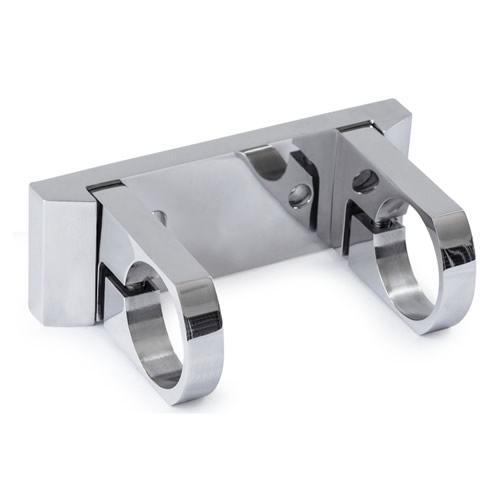
AN INNOVATIVE DIE CAST METHOD
AN INNOVATIVE DIE CAST METHODDoes your part design require external gears or threads where a parting line would significantly affect the part performance?We kno...
-
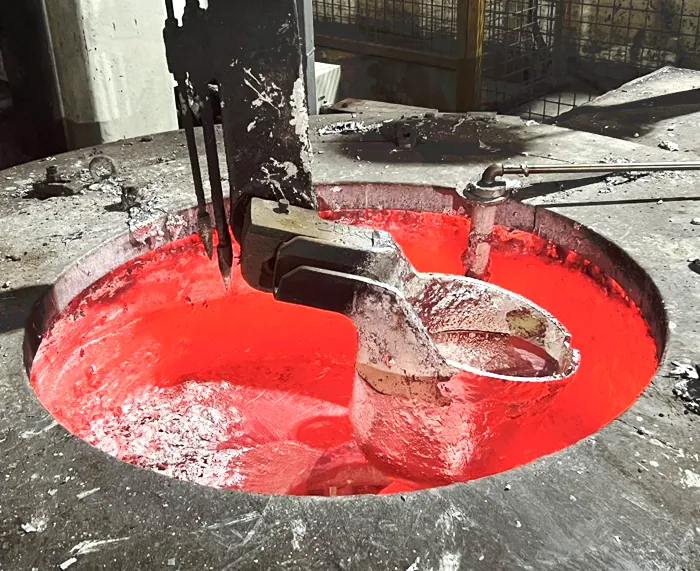
Porosity Issues in Aluminum Die Castings: Formation, Types, Effects, and Solutions
This article aims to provide a comprehensive overview of porosity issues in aluminum die castings.

